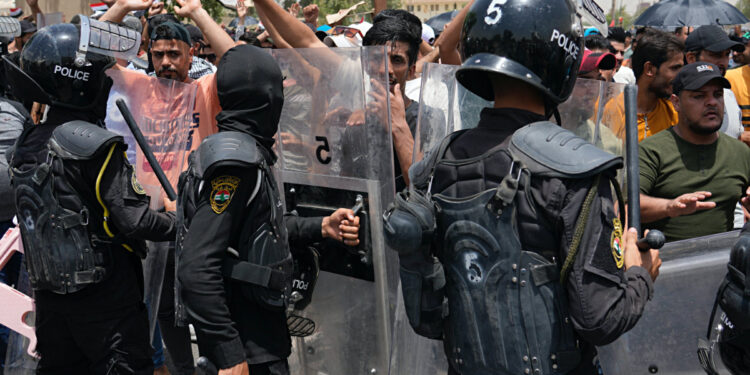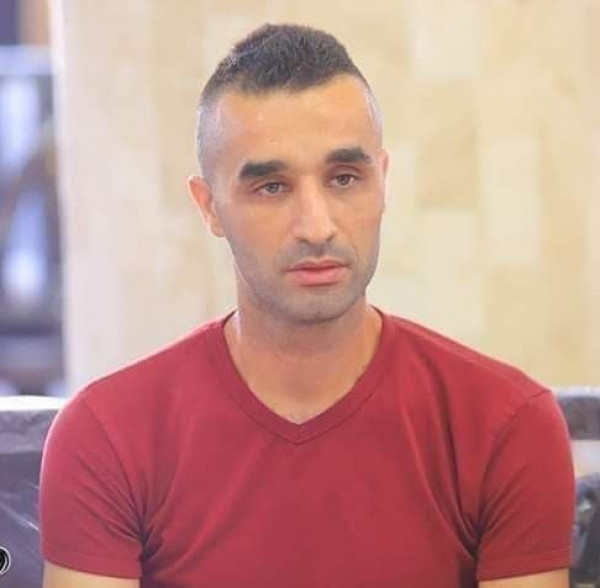Agencies-Gaza post
UN envoy warns of civil unrest in Iraq as anger over jobs, food, water grows
Fears of civil unrest in Iraq are growing amid a stalemate in the formation of a government eight months after the parliamentary elections in which Iranian-backed parties suffered heavy losses.
The political stalemate prevented the interim government from addressing challenges, including a food crisis caused by severe drought and the war in Ukraine.
Investments to improve water infrastructure have been suspended and there is growing public anger over unemployment, water shortages and rising food prices.
United Nations envoy for Iraq, Jeanine Hennis-Plasschaert, warned Iraqi political leaders that “the streets are about to boil” and said that national interests are “overshadowing short-sighted considerations about controlling resources “.
The main winner of last October’s elections was the powerful Shiite cleric Muqtada Al-Sadr. Its Iranian-backed Shiite rivals lost about two-thirds of their seats and rejected election results.
The dispute to form a government sees Al-Sadr and his Kurdish and Sunni allies on the one hand and the Coordination Framework, a coalition of Shiite parties supported by Iran and their allies on the other. In between are the independents, themselves torn between the attempts of rival factions to lure them from side to side.
“It’s not about power, it’s about survival,” said Sajad Jiyad, an Iraq-based colleague with the Century Foundation. There has been a long political dispute in the past between rival groups in Iraq over choosing a new president and prime minister, but the current stalemate is still the longest.
Al-Sadr was unable to organize enough members in parliament to get the two-thirds majority required to elect Iraq’s next president, a necessary step before appointing the next prime minister and selecting a cabinet.
Analysts say Iran has been unable to negotiate a deal between rival Shia factions previously played by Qassem Soleimani, the Quds Force warlord killed in a US drone strike at Baghdad airport in January 2020. At least three trips to Iraq by Soleimani’s successor to mediate among the Shiites failed to bring about a breakthrough.
Tehran cut 5 million cubic meters of gas exported to Baghdad because Iraq did not pay for previous supplies. Iraqi Electricity Minister Adel Karim said last month he had no idea how Iraq would pay off the nearly $ 1.7 billion in arrears before the hot summer months.
Hopes are also dimming that independent members of parliament – parties drawn from the 2019 protest movement – can become a coherent force to represent protesters’ demands in the legislature.
Some independents said they faced threats and fear for their lives, and one was offered tens of thousands of dollars in bribes to side with the Iranian-backed group.

















